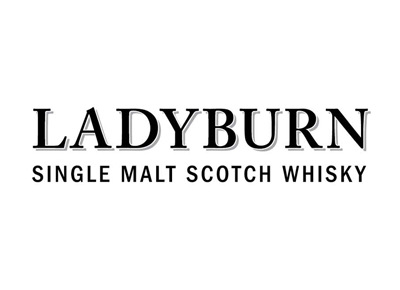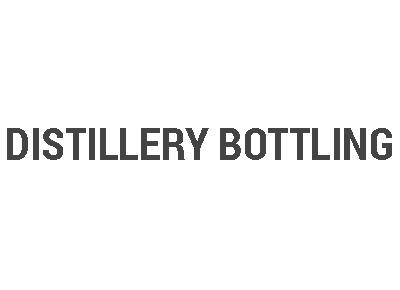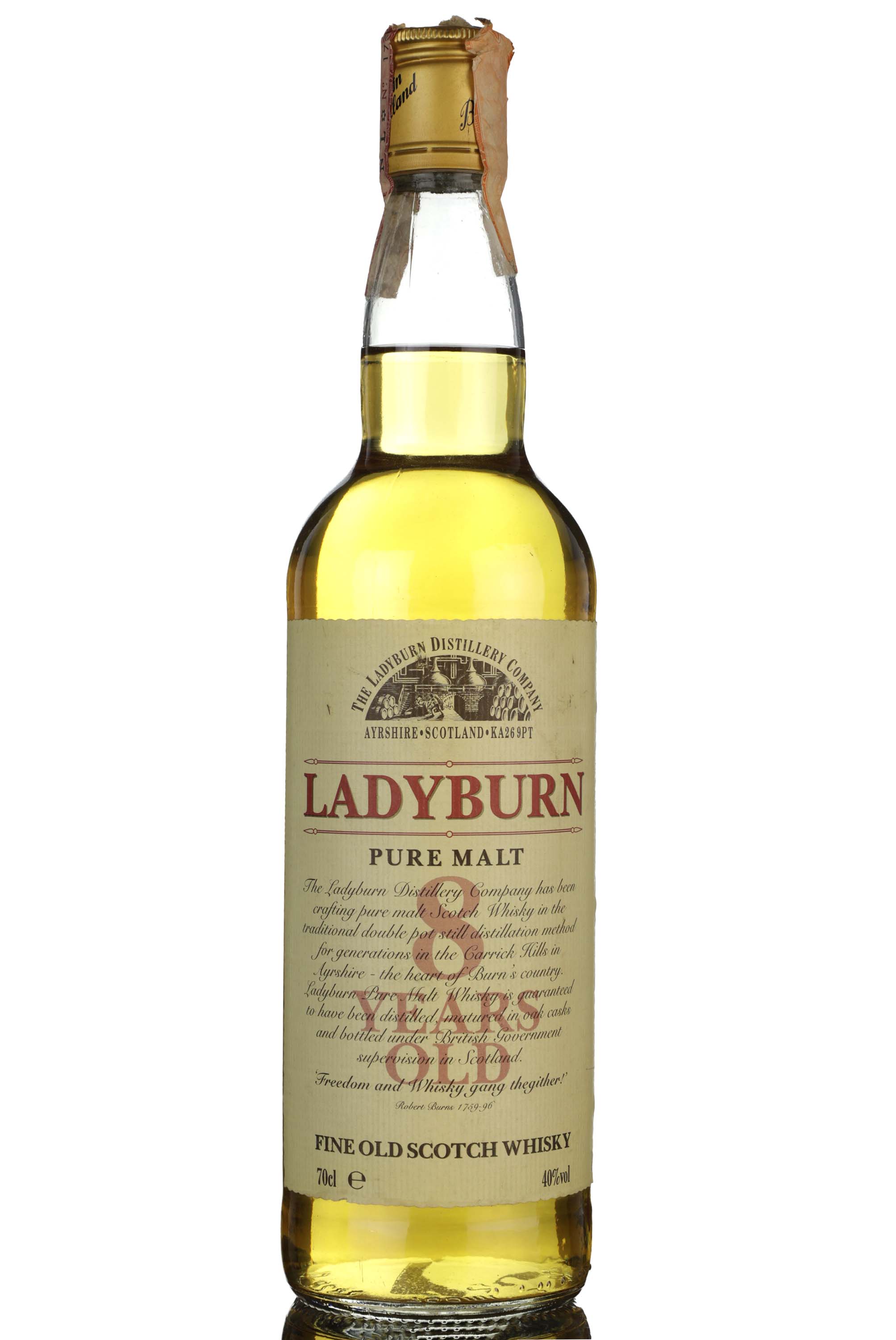Total Lots Sold:
1
View Lots
Do you have this bottle for sale?
SELL IT TODAYHAMMER PRICE OVER TIME
This graph displays data solely from Whisky-Online Auctions past sales history. Please note the filling level of the liquid and the condition of an item can affect the price negatively, so please check individual Lot sales below if there's a sudden dip in the graph.
HAVE ONE FOR SALE?
Submit your details along with an image and a description of your bottle. We'll then be in touch with the best way to proceed.
WHY SELL WITH WHISKY-ONLINE AUCTIONS?
0% Sellers Commission
Free Collections Available
Over 30 Years In The Whisky Industry
Over 1,700 Five Star Trustpilot Reviews
We Sell The Rarest Whiskies Ever Bottled
Global Buying Audience Including Far East Buyers
Bespoke Auction Platform
Thousands Of Active Bidders
Large Database Of Newsletter Subscribers
Over 36k Social Media Followers
Ladyburn 8 Year Old - 1990s
Ladyburn 8 Year Old. Pure Malt. Bottled 1990s. 70cl. 40%.

Ladyburn was one of the shortest-lived Scottish distilleries and its Lowland single malt whisky is now exceptionally rare, as almost the entirety of Ladyburn’s spirit was destined for owner William Grant’s blending vats. Grant’s had built the Girvan grain distillery in 1963 and added four pot stills for Ladyburn in 1966, but sadly the distillery was deemed a failure after less than a decade and production ceased in 1975.
Official bottlings of Ladyburn are extremely difficult to find. A 12-year-old Ladyburn was bottled in the 1980s and in 2000 over a dozen 1973 single casks were released. The latter were widely assumed to be the last stock, but in 2014-15 several more official Ladyburns from 1973 and 1974 appeared. Some excellent long-aged Ladyburns have been bottled as ‘Ayrshire’ by Signatory and Duncan Taylor - these are the best value at auction for anyone hunting for this unicorn whisky.

Distillery bottlings are, as the name suggests, bottled by or for the distillery from which the whisky has originated and are thus often referred to as Official Bottlings or OBs. Distillery bottlings are generally more desirable for collectors and usually fetch higher prices at auction than independent bottlings. They are officially-endorsed versions of the whisky from a particular distillery and are therefore considered the truest expression of the distillery’s character.
This ideal of the distillery character is regarded so seriously by the distilleries and brand owners that casks of whisky that are considered to vary too far from the archetype are frequently sold on to whisky brokers and independent bottlers. When this happens, it is often with the proviso that the distillery’s name is not allowed to be used when the cask is bottled for fear of diminishing or damaging the distillery’s character and status.


